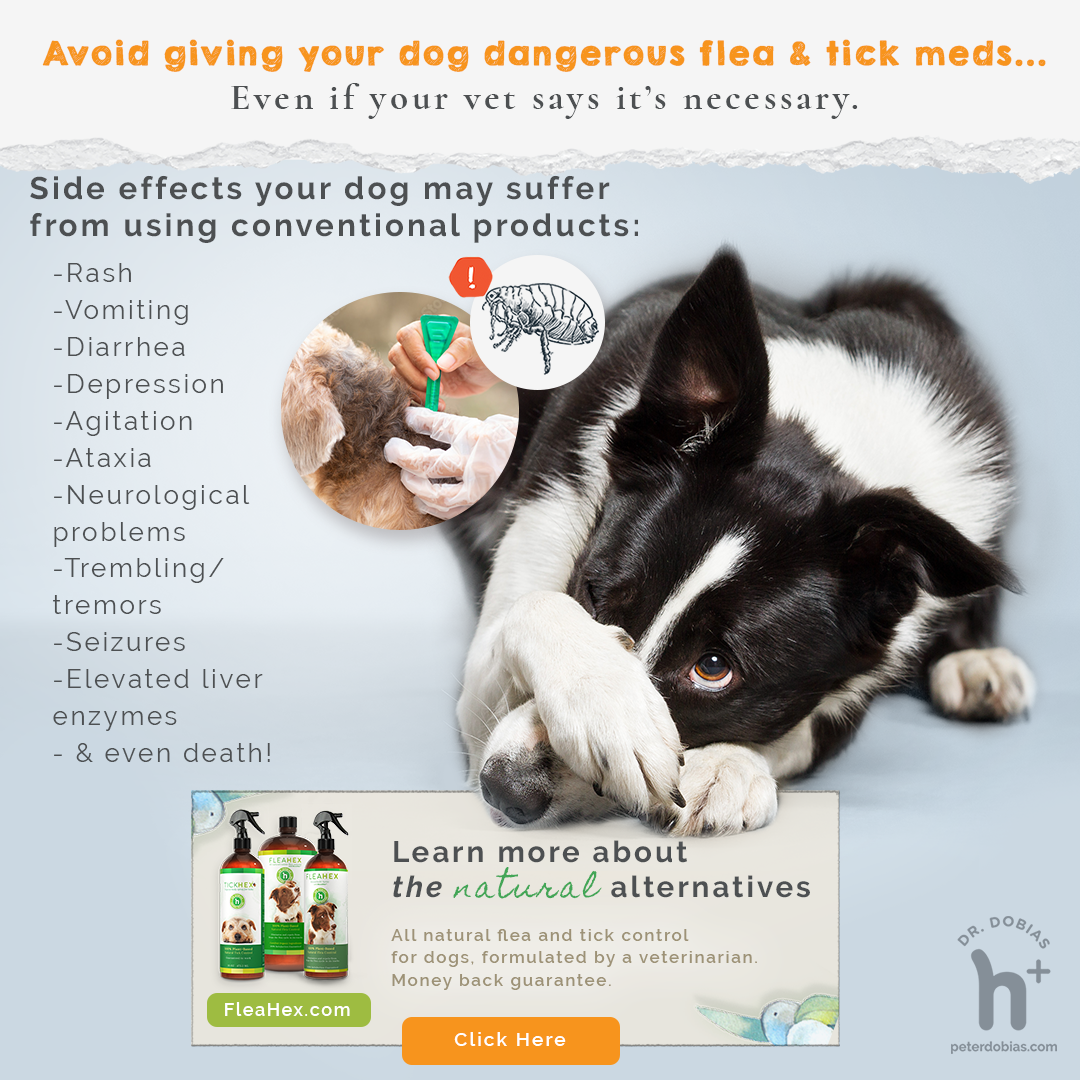Symptoms vs. Root Cause: How to Cure a Sick Dog or Cat
Posted by Dr. Carol Dorsey on May 25th 2024
How to Cure a Sick Dog or Cat
As pet parents, our primary goal is to ensure our furry friends lead happy, healthy lives. When our pets exhibit signs of discomfort or illness, it's natural to want immediate relief for them.
However, if you want to help your sick dog or cat it's crucial to distinguish between treating the symptoms and addressing the root cause of their issues. In this blog post, we'll explore common pet health problems, highlight the difference between symptoms and root causes, and discuss why addressing the root cause is vital for long-term wellness.
What Are Symptoms? Symptoms are the outward signs of a problem. They are the body’s way of indicating that something is wrong. In pets, symptoms can vary widely, from behavioral changes to physical manifestations. While it's important to alleviate symptoms to provide immediate relief to your pet, focusing solely on symptoms can lead to a cycle of temporary fixes without resolving the underlying issue.
What Are Root Causes? Root causes are the underlying reasons why symptoms occur. They are often less obvious and require more in-depth investigation to identify. By addressing the root cause, we can prevent the recurrence of symptoms and promote overall health and wellbeing.
Symptoms vs. Root Causes Let's look at some common pet health issues, identify their symptoms, and discuss potential root causes.
1. Skin Problems Symptoms: Itching, redness, hot spots, hair loss, rashes. Possible Root Causes: Allergies (food or environmental), lack of proper nutrients and protein in the diet, flea and tick meds, hearworm meds, heavy metal toxicity, parasites (fleas, mites), fungal or bacterial, liver build-up, infections, stress. Example: If your dog is itching constantly and developing hot spots, simply treating the hot spots with a topical ointment addresses the symptom. However, the root cause could be a food allergy or lack of proper protein and nutrients in the diet. Identifying and eliminating the allergen from your dog's diet or providing a nutrient rich diet can prevent the itching and hot spots in dogs and cats from occurring in the first place.

2. Digestive Issues Symptoms: Vomiting in dogs and cats, dog and cat diarrhea, constipation, loss of appetite in dogs and cats, weight loss. Possible Root Causes: Food intolerances, diabetes, lack of digestible natural food, or allergies, lack of good bacteria in the gut, flea & tick meds, gastrointestinal infections, heartworm meds, inflammatory bowel disease, parasites, toxins, heavy metal toxicity, stress. Example: If your cat vomits frequently, administering anti-nausea medication can stop the vomiting temporarily. But if the root cause is an intolerance to a certain ingredient in their food or toxin in their environment, switching to a natural or raw balanced diet may solve the issue.
3. Behavioral Problems Symptoms: Aggression, excessive barking or meowing, destructive behavior, anxiety. Possible Root Causes: Lack of exercise, inadequate mental stimulation, flea & tick meds, heartworm meds, lack of nutrients and protein in the diet, past trauma, anxiety, pain, underlying medical conditions (e.g., thyroid issues). Example: A dog exhibiting excessive barking might be given a bark collar to stop the behavior. However, if the root cause is anxiety due to lack of exercise or mental stimulation, addressing these needs through regular walks and interactive toys will likely reduce the barking more sustainably.
4. Ear Infections Symptoms: Ear scratching in dogs, cat or dog head shaking, discharge, odor, redness. Possible Root Causes: Allergies, lack of good gut bacteria, candida overgrowth, water trapped in the ear, foreign objects, ear mites, yeast or bacterial infections. Example: Treating an ear infection with antibiotics or antifungal medication or washes addresses the symptom. However, if the root cause is lack of good gut bacteria, providing probiotics and probiotic rich foods and diet can prevent recurring ear infections.
The Importance of Identifying Root Causes Focusing on symptoms alone can lead to a cycle of temporary relief without long-term improvement. Identifying and addressing the root cause of your pet’s health issues is essential for several reasons:
- Prevent Recurrence: By eliminating the underlying issue, you reduce the likelihood of the problem returning.
- Promotes Overall Health: Addressing root causes often leads to better overall health and wellbeing for your pet.
- Reduces Dependency on Medications: Minimizing the use of medications for symptom relief can prevent side effects and promote a more natural healing process.

How to Find the Root Cause Consult a Holistic Pet Practiioner or a REAL Holistic Veterinarian. Traditional Veterinarians are taught to address symptoms. What this means is they will prescribe medications and drugs for thes symptoms instead of seeking to find the root cause. Oftentimes, these drugs and medications cause more issues in which the veterinarian will prescribe even more drugs and the cycle of no real solution continues. A veterinary naturopath or holistic veterinarian can provide alternative approaches to identifying and treating root causes. A thorough examination and diagnostic tests can help identify the underlying issue but only if your practioner is on the hunt for the underlying cause.
Observe and Record: Keep a detailed record of your pet’s symptoms, diet, environment, and behavior to help identify patterns and potential triggers.
Understanding the difference between symptoms and root causes is vital for the long-term health and happiness of your pet. While it’s essential to address symptoms to provide immediate relief, digging deeper to uncover and treat the root cause will lead to more effective and lasting solutions. By taking a proactive approach, we can help our pets lead healthier, happier lives.
If you have any concerns about your pet’s health or need guidance on identifying potential root causes, don’t hesitate to reach out. I can provide the insights and support you need. Together, we can ensure our beloved companions thrive.


